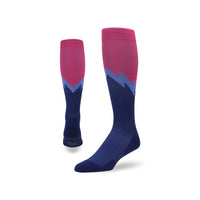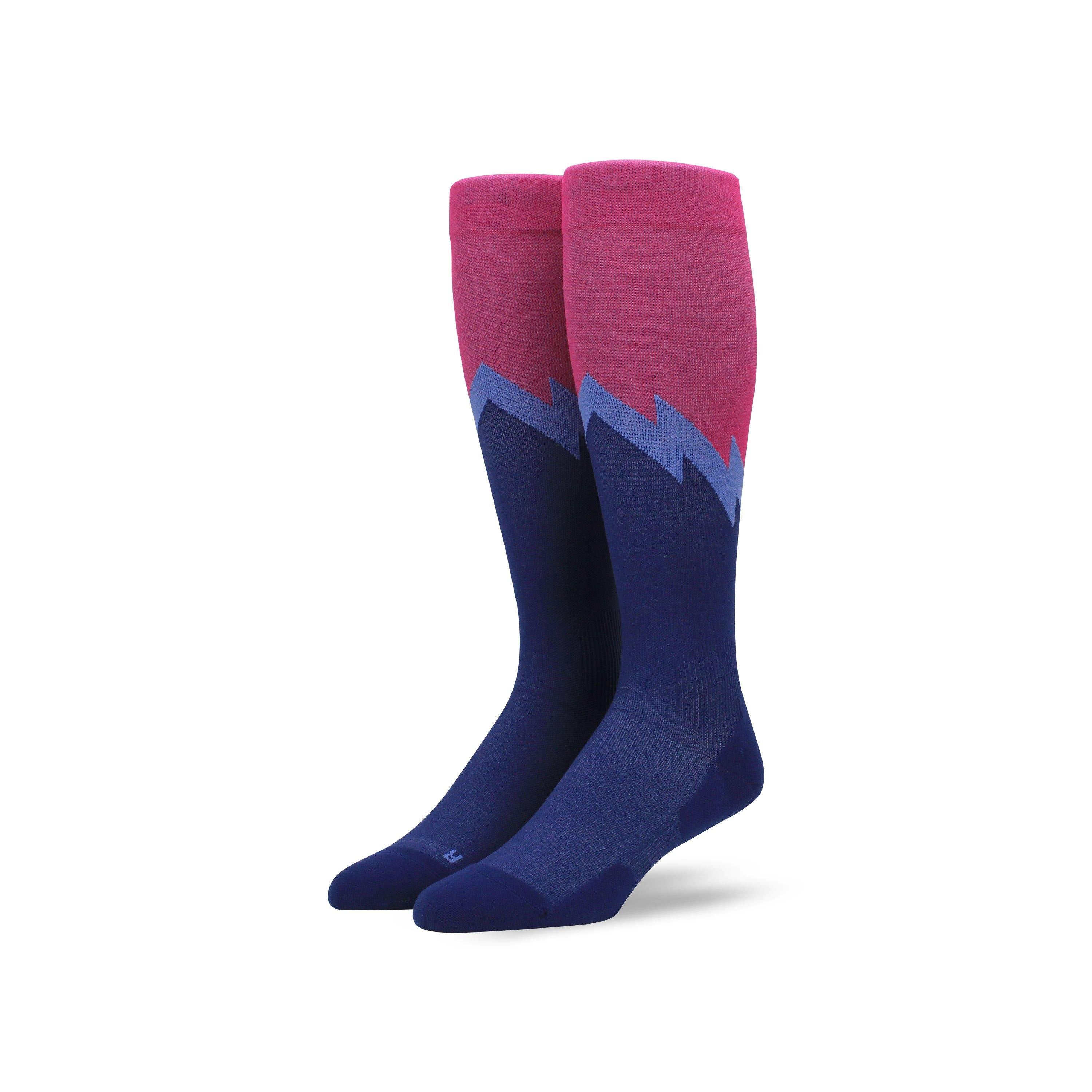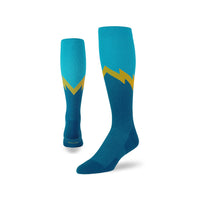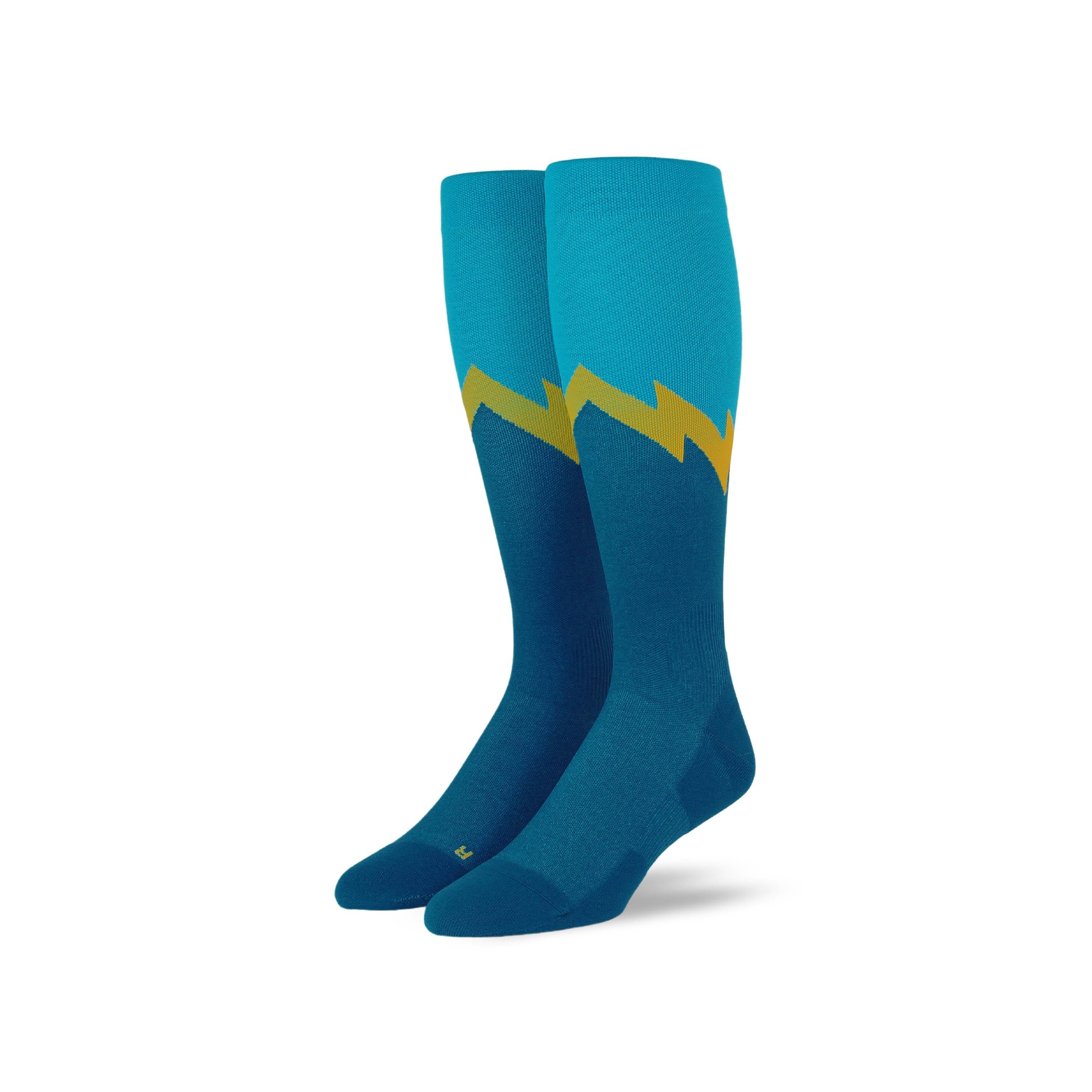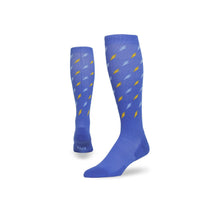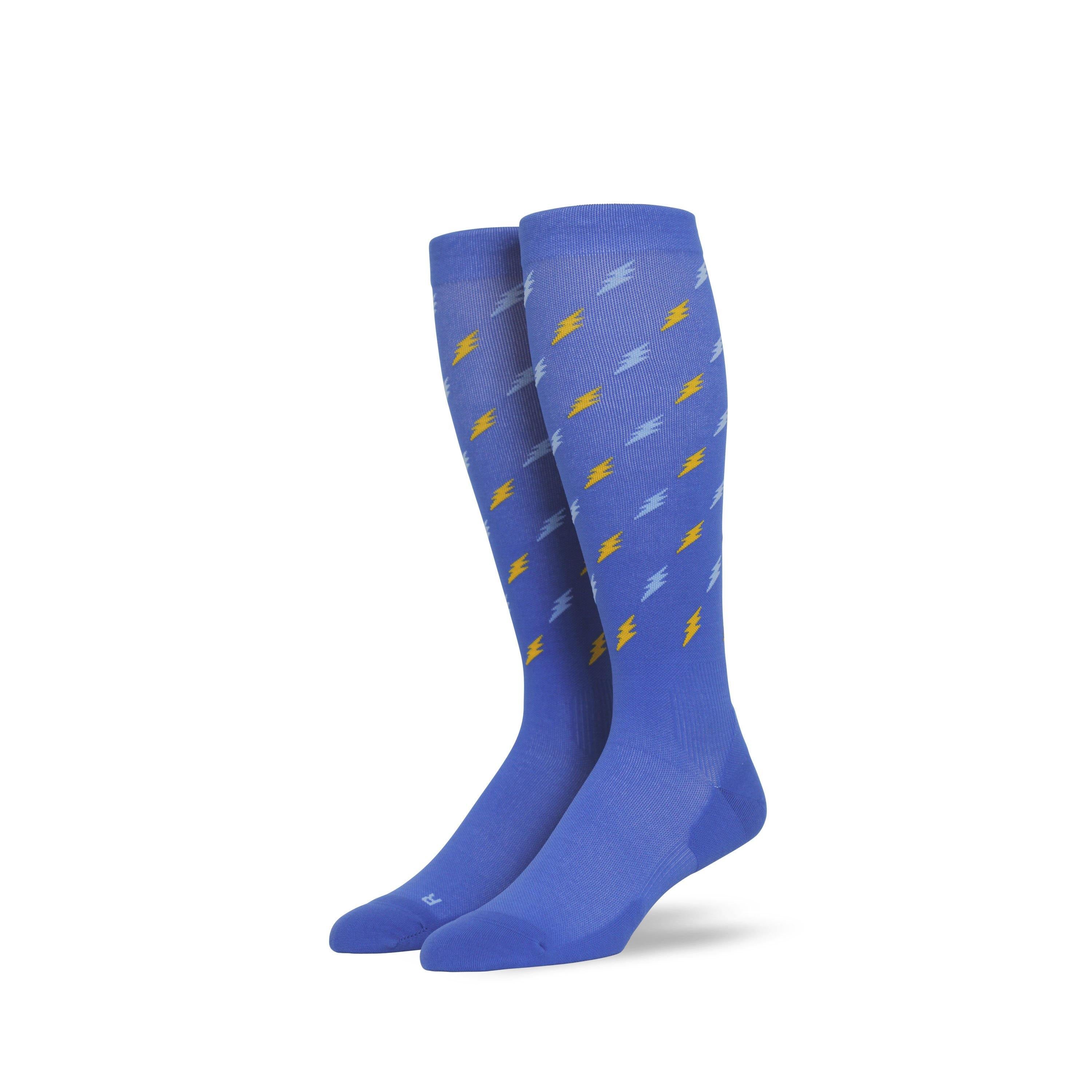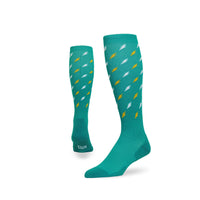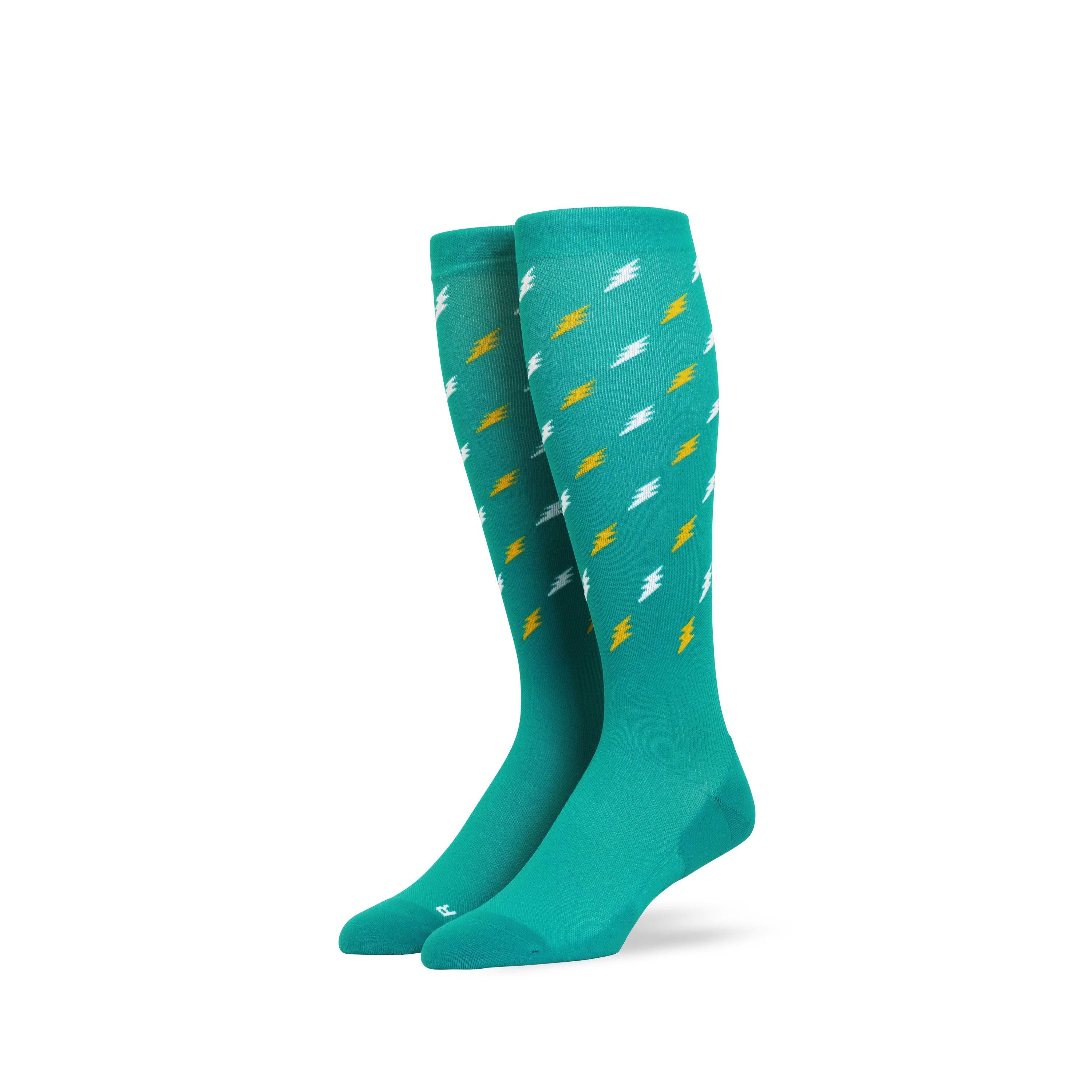Comfort and Support: Compression Socks for Pregnancy

In recent years, compression socks have gained popularity among pregnant women as an effective solution for reducing discomfort and swelling. The specialized design of compression socks offers numerous benefits that will contribute to the overall well-being of expecting mothers. This article will explore why compression socks are essential during pregnancy, how they benefit pregnant women, tips for finding the right pair, and important guidelines for wearing them safely.
Why Compression Socks Are Essential During Pregnancy
Pregnancy brings about significant changes in a woman's body, including increased blood volume, hormonal shifts, and the baby's growing weight. These factors often lead to swollen ankles, achy legs, and discomfort. Compression socks help alleviate these symptoms by gently applying pressure on the legs, ankles, and feet.
How Compression Socks Benefit Pregnant Women
Improved Circulation
Compression socks help improve blood circulation in the lower extremities, reducing the risk of varicose veins and blood clots. By promoting healthy blood flow, compression socks can also prevent leg cramps and restless leg syndrome, allowing pregnant women to sleep better.
Reduced Swelling
Edema, or swelling, is common during pregnancy. Compression socks apply graduated pressure, which is highest at the ankles and decreases towards the knees. This compression mechanism helps prevent fluid buildup, reducing swelling and discomfort.
Enhanced Leg Comfort
Pregnant women often experience tired, achy legs as the body changes. Compression socks provide targeted support, relieving muscle fatigue and helping moms-to-be stay active and on their feet for extended periods.
Finding the Right Compression Socks for Pregnancy
When selecting compression socks for pregnancy, choosing the right size and level of compression is crucial. Here are some tips to help you find your perfect pair:
Consult with Your Healthcare Provider
Please consult with your healthcare provider or obstetrician before purchasing compression socks, as they can provide specific recommendations according to your medical history and needs.
Correct Sizing
Compression socks should fit snugly and not be overly tight. Refer to our size guide to ensure a proper fit.
Graduated Compression
Look for compression socks with graduated pressure, typically ranging from 15-20 mmHg to 20-30 mmHg. Higher compression levels may be recommended for more severe swelling or medical conditions, but consult your healthcare provider for personalized advice.
Tips for Wearing Compression Socks Safely During Pregnancy
While compression socks are generally safe for pregnant women, it's essential to follow these guidelines for a comfortable and safe experience:
Wear Them in the Morning
Put on your compression socks in the morning when swelling is usually at its lowest. This will help prevent discomfort and encourage healthy blood circulation throughout the day.
Take Breaks if Necessary
Taking breaks is essential if you experience discomfort or pain while wearing compression socks. Listen to your body and give your legs a rest when needed.
Stay Hydrated
Drinking plenty of water can help minimize swelling and improve circulation. Stay hydrated throughout the day to support the benefits of compression socks.
Frequently Asked Questions
Is it safe to wear compression socks during pregnancy?
Yes, compression socks are safe to wear during pregnancy. However, it's always recommended to consult your healthcare provider before trying new products.
When should I wear compression socks during pregnancy?
You can wear compression socks throughout pregnancy, especially if you expect to be on your feet for extended periods. Many women find them particularly beneficial during the second and third trimesters.
Can compression socks help with leg cramps during pregnancy?
While compression socks primarily focus on improving circulation and reducing swelling, some women have reported relief from leg cramps when wearing them.
How do I determine my size for compression socks?
To find your correct size, measure your calf circumference and refer to our size guide to ensure a proper fit.
Can compression socks be worn postpartum?
Absolutely! Compression socks can continue providing benefits postpartum, aiding postnatal recovery by supporting healthy circulation.
Embrace Comfort and Support with Compression Socks for Pregnancy
Compression socks have become a trusted companion for many pregnant women seeking relief from discomfort, swelling, and leg fatigue. These specially designed socks offer numerous benefits throughout pregnancy by improving circulation, reducing swelling, and providing targeted support. When choosing compression socks, consult your healthcare provider, find the correct size and level of compression, and follow the guidelines for safe and comfortable wear. Embrace the comfort and support that compression socks for pregnancy provide, allowing you to fully enjoy this special time.

